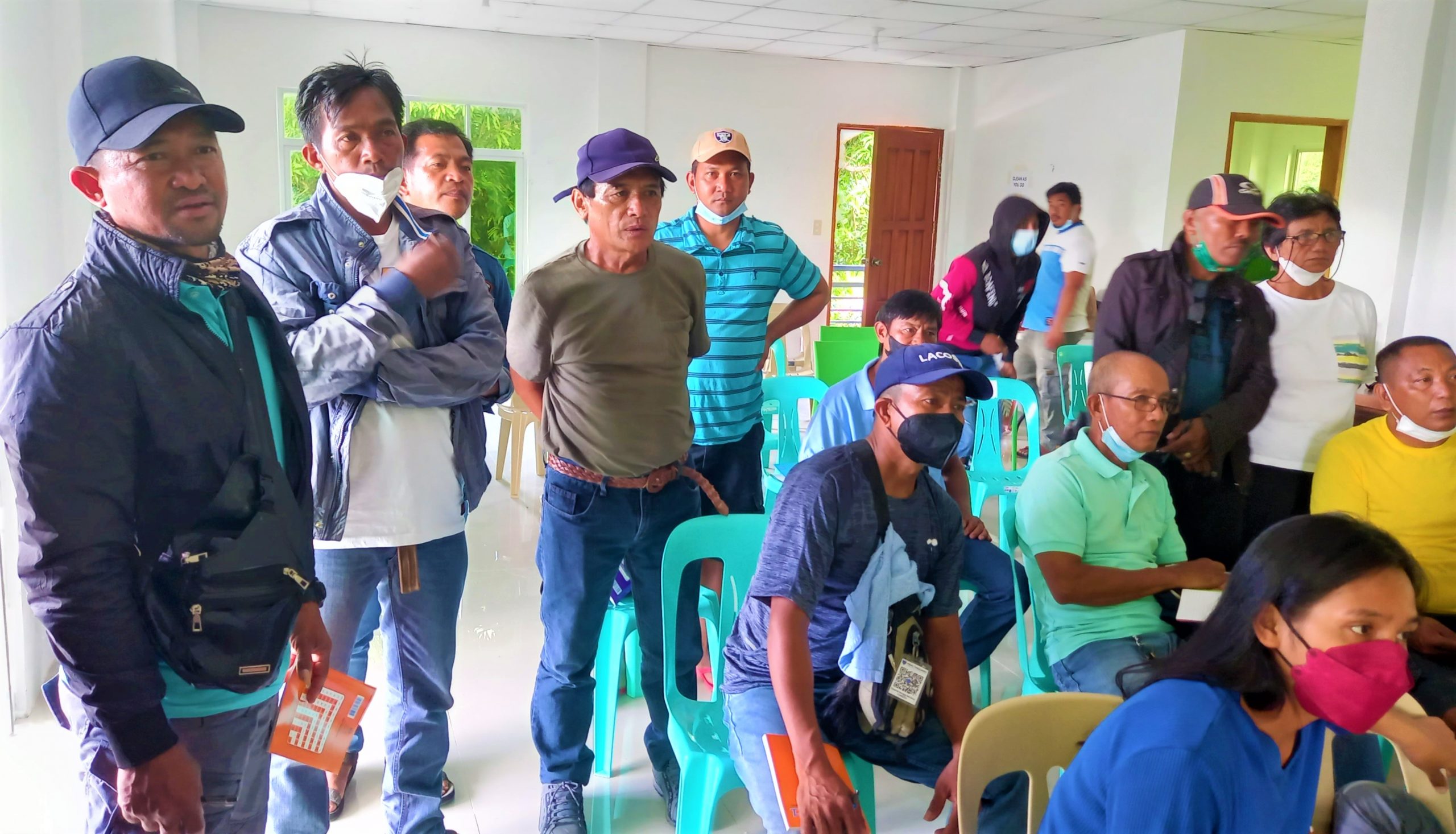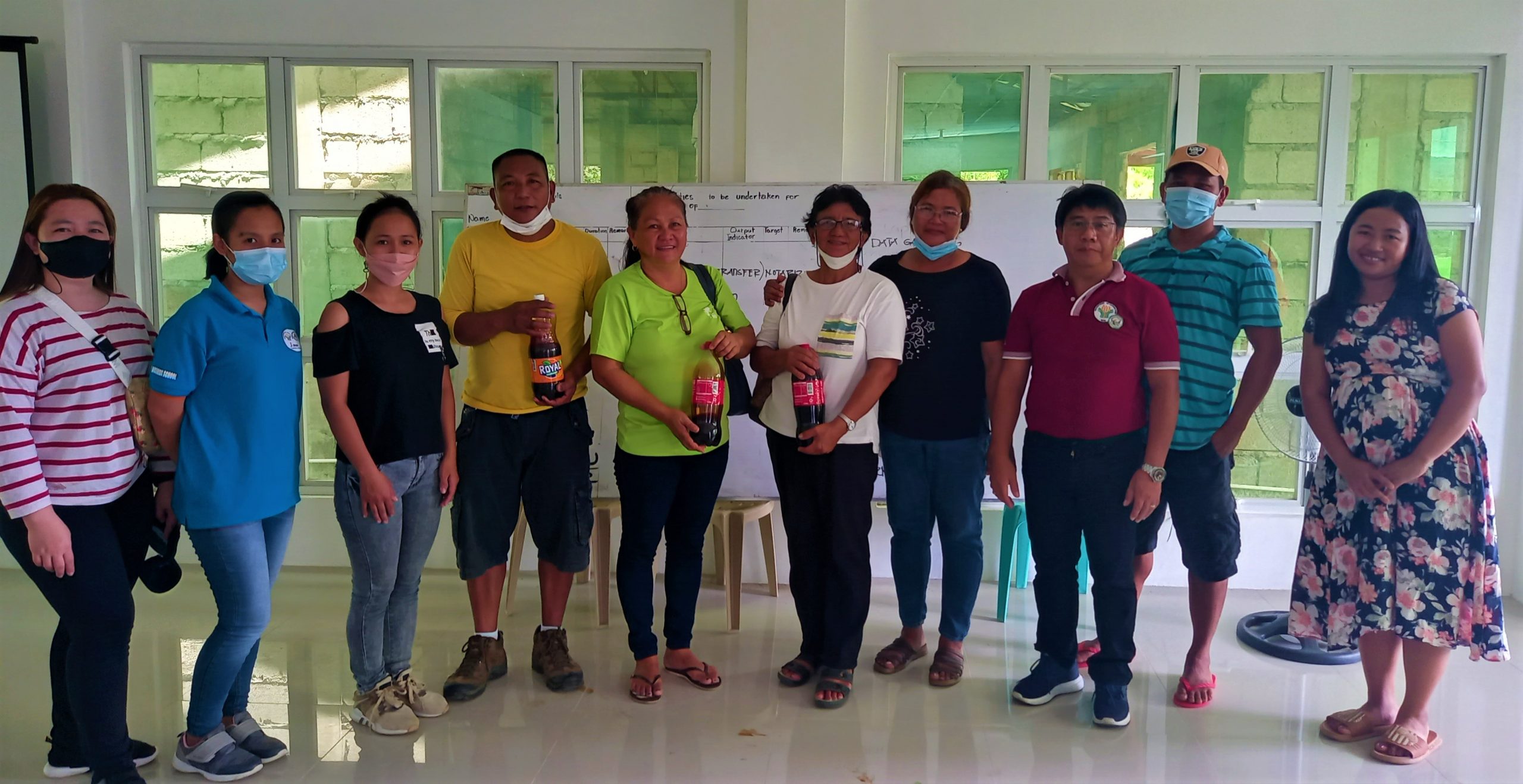KALINGA, April 28, 2022 – Twenty-four (24) members from four farmer’s associations (FAs) in Kalinga participated in the Silage Making Training aiming to address goat feed shortage due to depleting forages in pasturelands.
The training facilitated by Assistant Agriculture Provincial Coordinating Officer (APCO) Dr. Raponcel Saguilot imparted knowledge on silage-making to livestock sub-project beneficiaries. This training is aimed at improving the groups’ goat feeding quality.
Silage is a type of fodder (ruminants’ feed) produced through the fermentation of foliage crops such as cereals and grass crops. This type of feed has a stable composition lasting for long periods, is easily available all year round, and lastly, is accessible to the farmers during the rainy season without pasturing them considering the stocks’ sensitivity to rain. Silage is another form of stored goat feed aside from hay – the traditional feed used during the rainy season.
The training was attended by five members from Romualdez Farmers Association (RFA), four members from Santor SAAD-Livelihood Association (SSLFA), 9 members from Calagango People’s Association Inc. (CPAI), and 6 members from Ga’dang Farmers Association (GFA) which were gathered at the Research Outreach Station – Kalinga situated at the Municipality of Rizal.
“Napier and corn have peak periods and when processed, it can last up to 3-5 months,” Dr. Saguilot said, after observations on silage raw materials at the corn production areas. The farmers are also traditionally corn producers which give them resources that are helpful in silage-making.
Other topics include the production of other foliage crops, phases of silage making, and its procedure. The step-by-step process is as follows:
- collection of air-dried foliage crops to be used;
- cutting the crops into pieces (1-2 inches) placed into a container (plastic bag, drum, silage peat);
- adding the substrate such as molasses into the container; and
- sealing of the container which can be stored for up to 3-5 mos.
An ocular visit at the Research Outreach Station (ROS) production area was conducted to give participants additional ideas on raising goats with Napier stalks and molasses samples. The FAs also received these samples to jumpstart their silage-making. ###
Writer: Sheen Dayagon, Information Officer I – Kalinga



Comments (0)